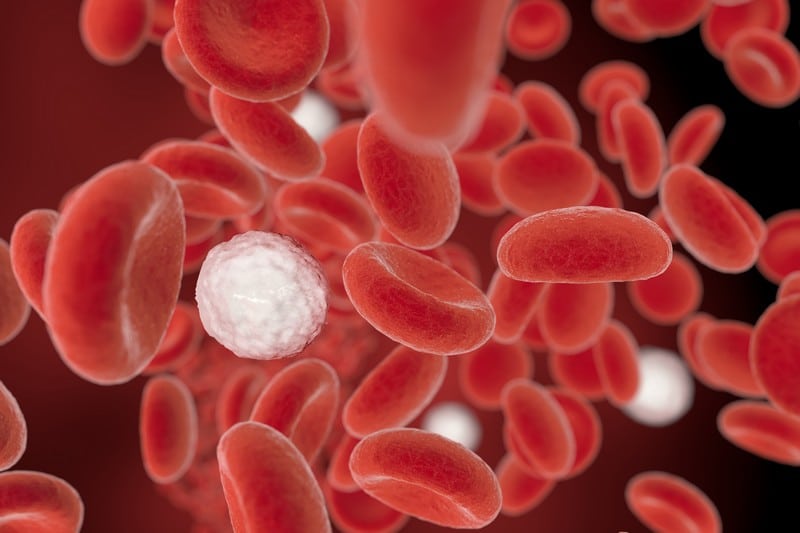Iron Deficiency Anemia

Iron deficiency anemia is a common type of anemia where the body cannot produce enough healthy red blood cells. Healthy red blood cells are responsible for bringing oxygen and other necessary nutrients to different parts of the body. If a person with IBS doesn’t consume enough iron in their diet and their body doesn’t produce enough hemoglobin, they can develop iron deficiency anemia.
An individual with IBS is more susceptible to iron deficiency anemia or, at the very least, subclinical iron deficiency. Subclinical iron deficiency is a condition when an individual’s iron levels are insufficient but aren’t low enough to constitute true iron deficiency anemia. Those with subclinical iron deficiency can present the same symptoms as those who have iron deficiency anemia. While the symptoms may vary in severity and are unique to every individual, they can still be a problem.
Those with IBS can experience iron deficiency anemia because they may find it difficult to digest certain carbohydrates and insoluble fiber. Since food such as lentils, leafy green vegetables, beans, and breakfast cereals are high in fiber and iron, they might have difficulty absorbing these nutrients. Iron and B12 supplementation are also proven ways to prevent iron deficiency anemia in relation to IBS.










